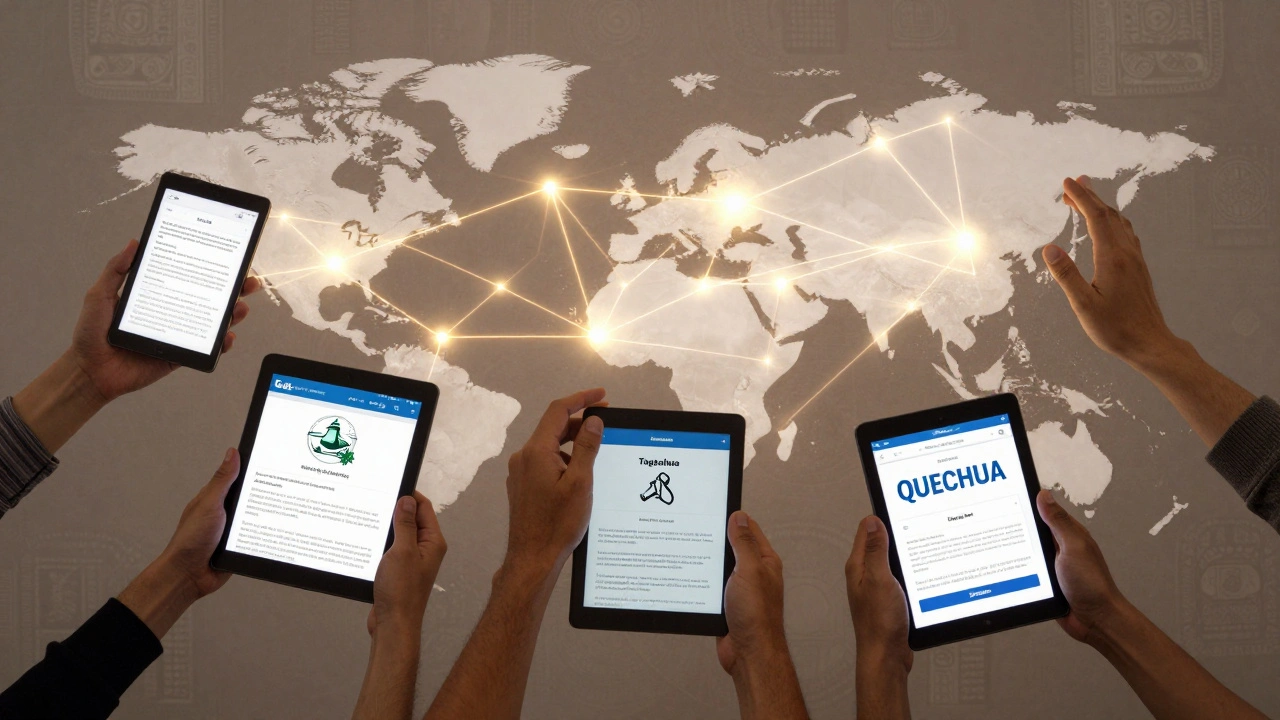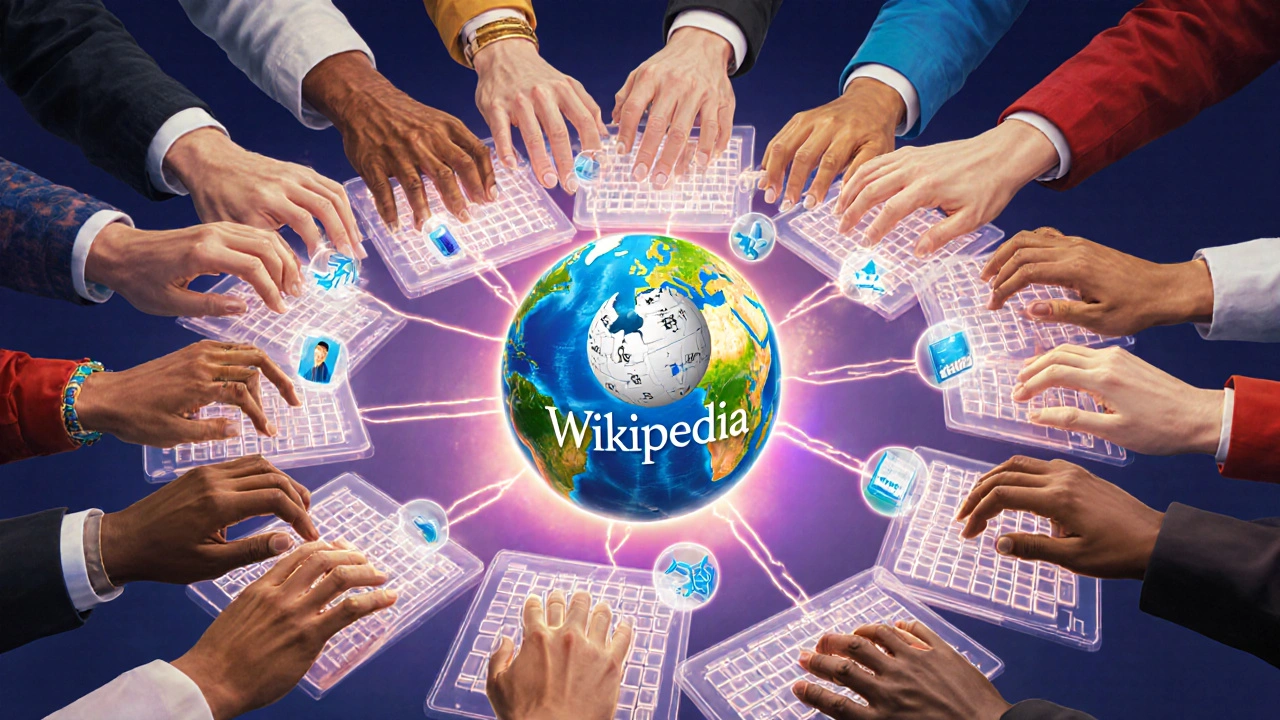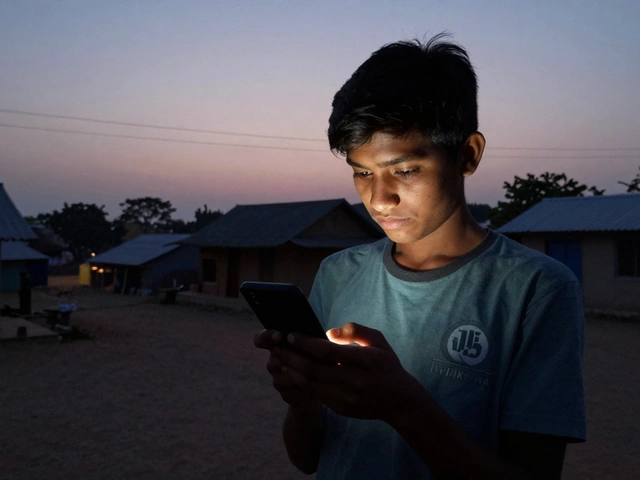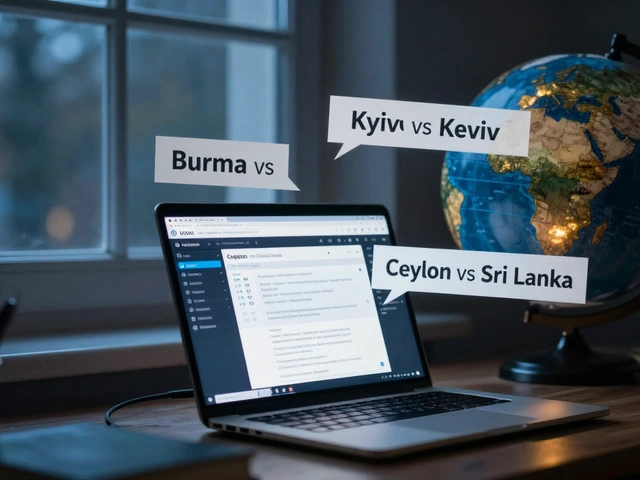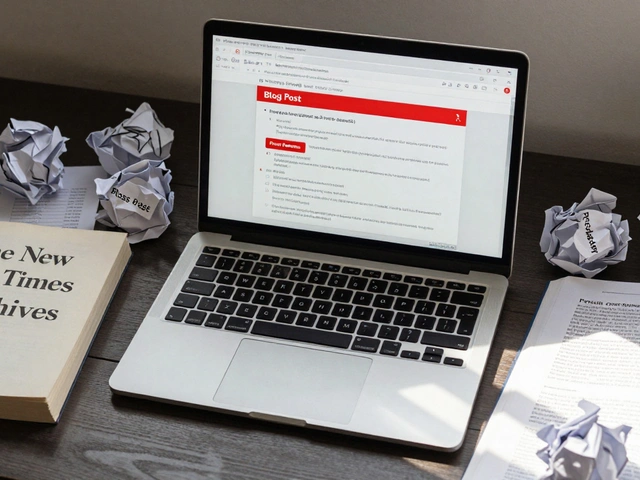Wikipedia communities: How volunteers shape the world's largest encyclopedia
When you read a Wikipedia article, you’re seeing the work of a Wikipedia community, a global network of unpaid volunteers who write, edit, debate, and defend the encyclopedia’s content. Also known as Wikipedia editors, these people aren’t hired by the Wikimedia Foundation—they show up because they care about knowledge being free and open to everyone. Unlike other websites, Wikipedia doesn’t rely on algorithms or paid writers. It runs because real people, in every time zone, take time out of their day to fix typos, add citations, and argue over whether a fact belongs in an article.
These communities don’t just edit—they govern. Wikipedia policy, a set of formal rules like neutrality, verifiability, and due weight. Also known as Wikipedia guidelines, these aren’t suggestions—they’re the foundation for every edit that stays. When two editors disagree, they don’t shout. They cite policy, link to reliable sources, and try to build consensus. This is how a page about a local museum in rural Peru gets reviewed by someone in Canada, edited by a student in India, and defended by a retired professor in Germany. And it’s why Wikipedia still beats AI encyclopedias in trust: humans are checking the work.
Behind every clean article is a Wikipedia volunteer, someone who spends hours tracking edits, fighting vandalism, or writing long posts on talk pages to explain why a change matters. Also known as Wikipedians, they’re not tech wizards—they’re teachers, librarians, journalists, and fans of obscure history. Some run the Signpost, a community-run newspaper that reports on internal debates. Others join task forces to fix bias in coverage of Indigenous peoples or women scientists. A few even spend weekends clearing a backlog of 12,000 articles stuck in copy editing. None get paid. Most don’t even get a thank-you.
The Wikimedia Foundation, the nonprofit that hosts Wikipedia’s servers and pays for a small tech team. Also known as WMF, it doesn’t control content—it funds infrastructure. The real power lies with the community. When the Foundation pushes for AI partnerships or new tools like Wikimedia Enterprise, editors push back. They demand transparency. They ask: Who benefits? Who’s left out? This tension isn’t broken—it’s what keeps Wikipedia honest.
What you’ll find below isn’t a list of headlines. It’s a window into the quiet, stubborn, brilliant work that keeps Wikipedia alive. You’ll see how editors handle harassment that spills off-site, how they choose what events make the news section, how they fight copyright takedowns that erase history, and how they use tools like watchlists and Wikidata to keep everything connected. This is knowledge built by people—not bots. And it’s still growing.
Language Diversity in Wikipedia Communities: How Multilingual Editors Collaborate
Wikipedia's 300+ language editions hold unique global knowledge, but collaboration across languages remains limited. Learn how editors overcome cultural and technical barriers to build a truly worldwide encyclopedia.
The Largest and Most Active WikiProjects: A Directory
Discover the largest and most active WikiProjects on Wikipedia, from medicine to film, and learn how these volunteer-driven teams keep the encyclopedia accurate and reliable. Find out how to join one today.
